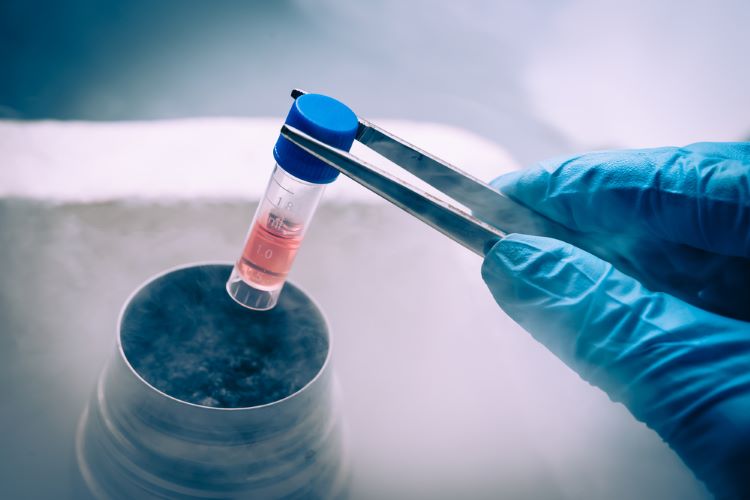MHRA to trial stem cell robot for cell therapies
Posted: 17 March 2023 | Catherine Eckford (European Pharmaceutical Review) | No comments yet
The second-ever stem cell-producing robot, being tested by the UK MHRA, could produce safer, cost-effective treatments for diseases like cancer.


The Medicines and Healthcare products Regulatory Agency (MHRA)’s UK Stem Cell Bank is trialling an innovative new robot that grows stem cells.
“The UK is only the second country where this technology has been tested”
The MHRA’s UK Stem Cell Bank is testing the stem cell propagation robot over a 12-month period to see whether the cells produced by the fully automated Intelligent Cell Processing System meet the standards needed for them to be used in the manufacture of potentially life-saving treatments.
“The UK is only the second country where this technology has been tested,” Health and Social Care Secretary Steve Barclay commented.
Marc Bailey, MHRA Chief Scientific Officer stated that cell-based therapeutics “have the potential to treat, and even cure, a vast number of diseases but their availability has been limited because they are often very difficult to manufacture.”
Benefits of the stem cell robot
However, Bailey suggested: “The new Intelligent Cell Processing System being tested at the MHRA, could make this manufacturing process much easier and therefore transform the availability of these treatments. It also has the potential to reduce human error in this process and produce a more consistent final product which will result in safer and more effective treatments.”
“By replacing cells that have been damaged or lost, [the stem cell robot] could transform the lives of tens of thousands of people with Parkinson’s and other devastating diseases,”
“By replacing cells that have been damaged or lost, [the stem cell robot] could transform the lives of tens of thousands of people with Parkinson’s and other devastating diseases,” Barclay noted.
The trial for this technology is part of a UK-based international research programme, which was launched in 2021. It is a partnership between the MHRA, Scottish Regenerative Medicine start-up SAKARTA and Sinfonia Technology Co. Ltd. The initiative is supported by Foundation for Biomedical Research and Innovation at Kobe (FBRI).
Stem cell news:
Related topics
Biologics, Biopharmaceuticals, Manufacturing, Regenerative Medicine, Research & Development (R&D), Stem Cells, Therapeutics
Related organisations
SAKARTA, The Medicines and Healthcare products Regulatory Agency (MHRA)









